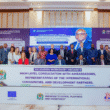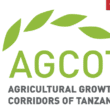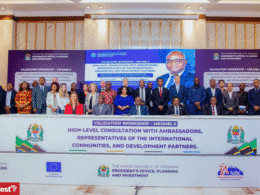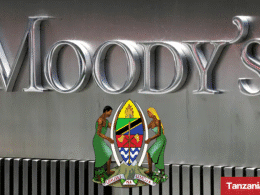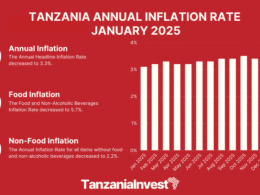The recently released Tanzania country report, which was produced by Business Monitor International (BMI), has projected that the Tanzania economy will grow by 5.1 percent this year, representing an increase of 0.6 percent in comparison with last year’s recorded growth.
Recently, flooding that occurred throughout Tanzania is expected to cost the country billions in the reconstruction of the Tanzania infrastructure and in food distribution, costs which will likely set the country’s overall expenditures back.
Analysts have suggested Tanzania may need to prepare a mini-budget as the country’s overall budget may be impacted by the economic damages that have been caused the floods.
According to the recent BMI report, the country’s real 5.1 percent GDP growth forecast for 2010 is largely based on the prediction that businesses will begin positioning themselves to take advantage of a larger domestic market, which is expected to result in a 10 percent increase in the country’s overall capital investment.
However, contrary to this report, Bank of Tanzania (BOT) reports have projected that agricultural commodities and gold exports will encourage a 5.6 percent growth in the Tanzania economy this year.
In spite of the fact that Tanzania has spent approximately Tsh 1.7 trillion (USD 1.5 billion) in funds in an effort to minimize the impact of the global economic crisis, preliminary reports have suggested that the Tanzania economy has begun to show signs of recovery in its tourism, mining and agricultural exports, which were some of the areas that were most affected by the crisis.
According to some analysts, the total recovery of the Tanzanian economy is dependent on the recovery of the more well-developed countries.
“The Tanzania economy has not been spared by the global recession,” read the BMI report, in part, “we are expecting the economy to grow by 5.1 per cent in real terms in 2010, which is below the average of 7.7 per cent expansion seen during 2000-2008.”
The BMI report went on to indicate that the growth rate is expected to be restored closer to its average in 2011 with a figure of 6.8 percent.
“This, in our view, will be driven by capital investment which, in turn, will have its origins in businesses establishing themselves to take advantage of further East African Community (EAC) integration,” said the report.
According to a recent East African Business Week (EABW) report, progress should also be sought in terms of physical infrastructure, where power generation will be critical in order to fully harness the country’s mineral potential.
Additionally, in spite of the political sensitivity, progress will also need to be made in the area of land ownership structures.
Following continued political progress, the BMI report has suggested that Tanzania has the potential to drive growth over the medium term as an investment destination.


